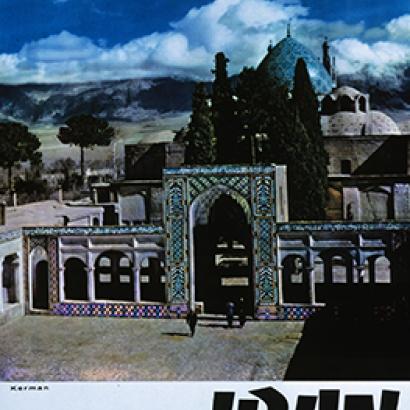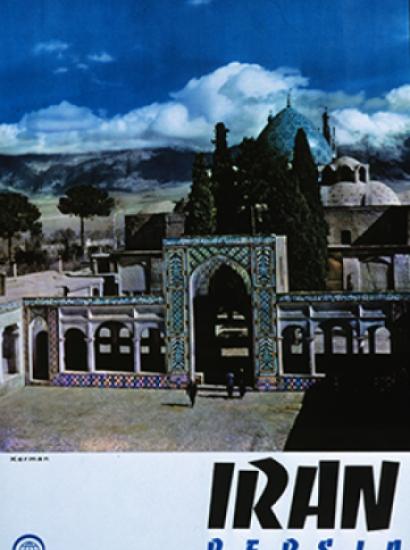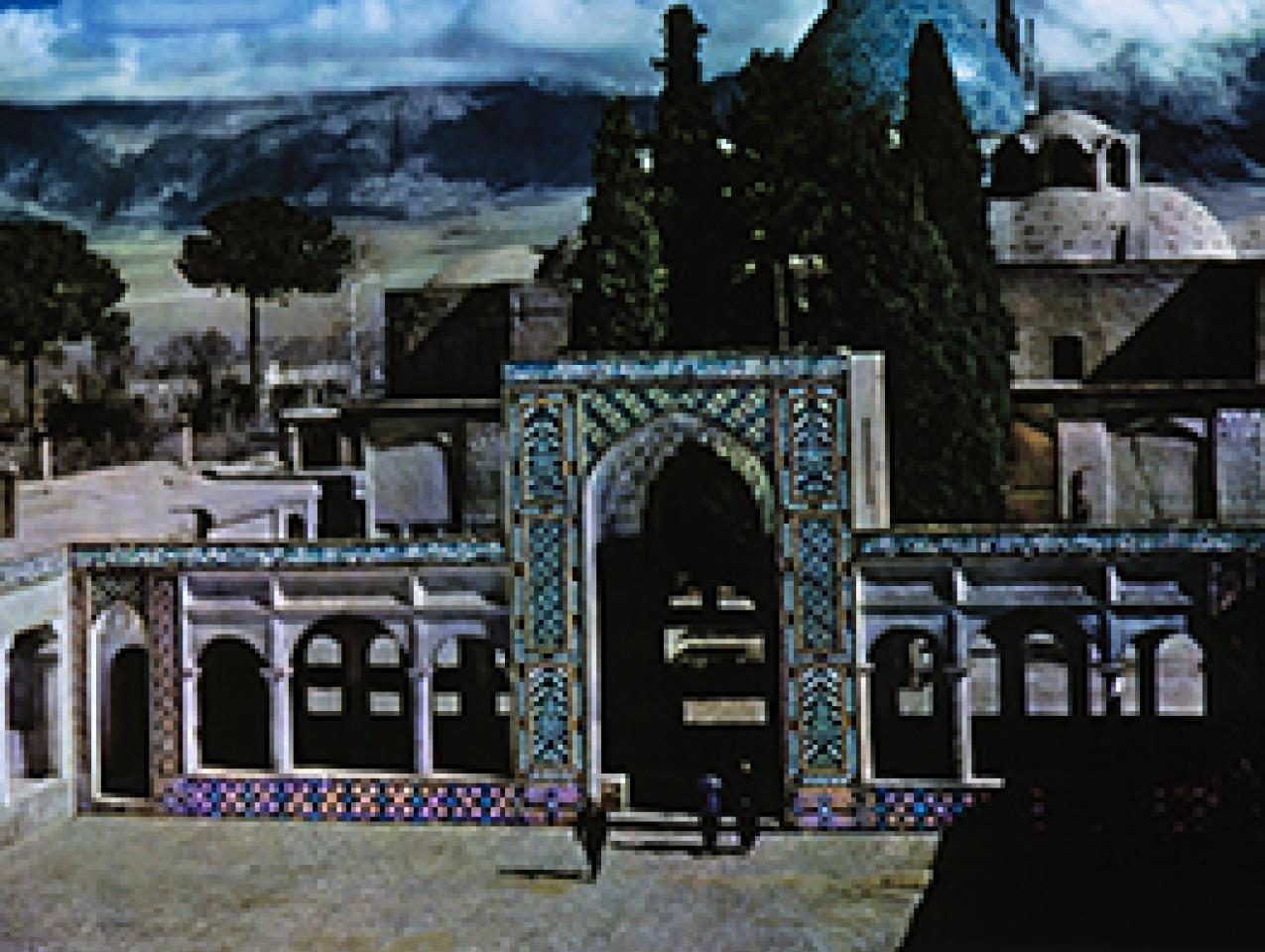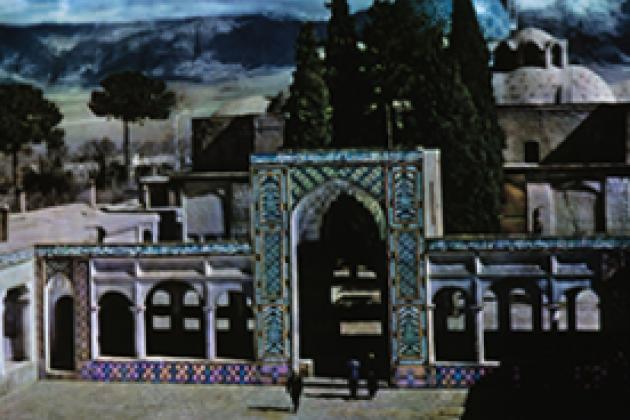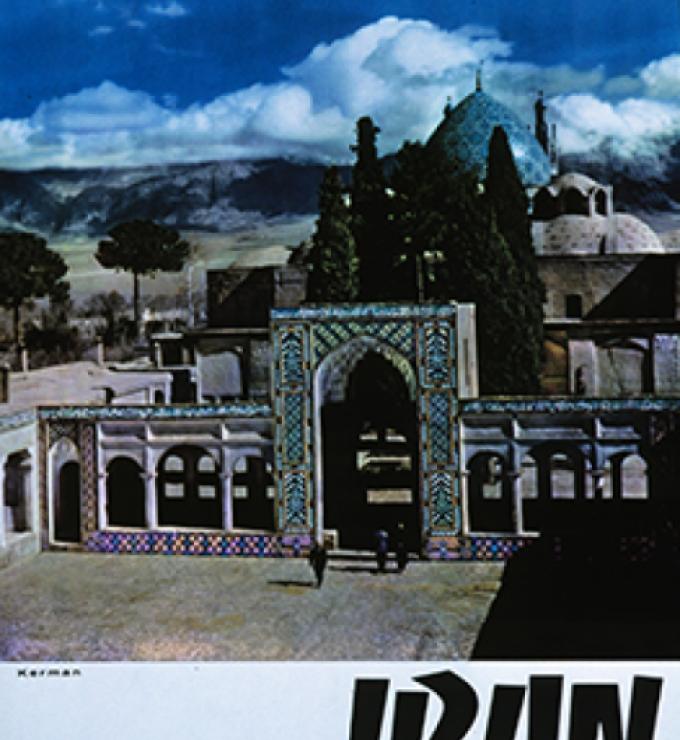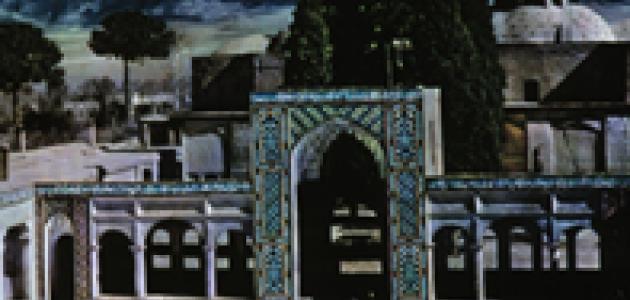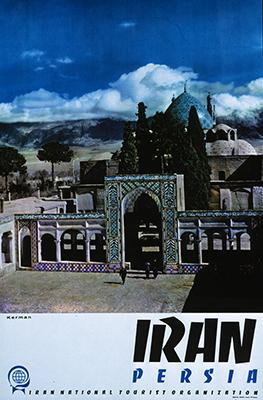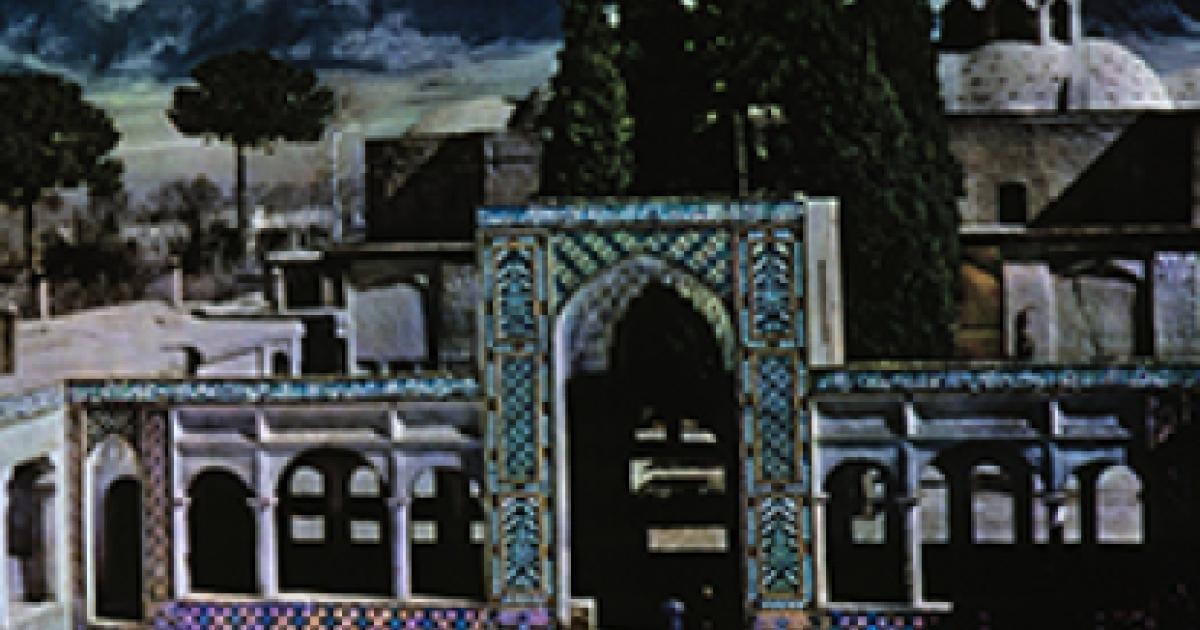- History
- Military
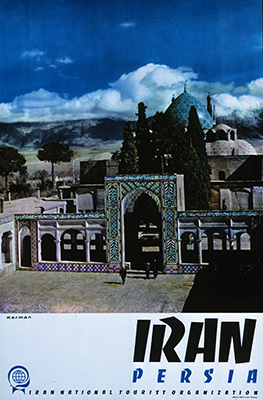
As competing powers gnaw at the last bleeding morsel of Syria—Idlib province on the Turkish border—what’s remarkable isn’t that these offspring of ancient empires are fighting, but that they’ve been fighting each other for millennia. No bursts of genocide or epochs of oppression could finish off the major players engaged: Arabs, Turks, Persians and, not least the last inheritors of Byzantium (represented by Vladimir Putin, self-proclaimed defender of Orthodox Christianity). Even second-string players with ancient roles remain in the fight, from Phoenicians (Palestinians) to Kurds (who so vexed Xenophon). And then there’s reborn Israel, which has been in rock fights since time immemorial…
Imperial fortunes have ebbed and flowed, but the imperial impulse born into the region’s indissoluble populations just won’t die. Now, in the ruins of Syria, the Iranians/Persians have thrust their influence all the way to the Mediterranean for the first time in more than 2,000 years. Relative newcomers after a mere millennium, Turks dream of reestablishing the empires of Seljuks and Ottomans. Smarting after centuries of decline, Arabs, whether secularists or Islamists, dream of the glory days when their forebears conquered the entire Middle East and a third of Europe—and made the rules.
And those Greeks who once bloodied the beach with Persian blood at Marathon? Despite suffering conquest after conquest, their culture survived through various evolutions, seducing Roman conquerors and tugging the heart of Rome’s empire east to Constantinople—which became the “Second Rome” to Orthodox Christians and defended an ungrateful Europe from Islamic conquest for eight hundred years (slandered by that brilliant author and dreadful historian, Edward Gibbon, heroic Byzantines shaped today’s cultural and political geography). Then, after the fall of Constantinople in 1453—only yesterday—Moscow became the Orthodox “Third Rome,” with a Greek cross added to the shields of Thermopylae and incense carried over from Roman temples (Putin would have loved the Mithras cult).
Now all of these undeterred players are having a class reunion in Idlib, a 2,500-year anniversary of slaughter. This time, it’s Turks and Islamists against secular Arabs, Persians, and Kurds, with the Russians supporting the latter alliance but playing to Turkey when it suits Moscow’s purpose (as does ignoring Israeli strikes on Iranian targets in Syria).
After 2,500 years of butchery, nothing has been permanently resolved. Living history, indeed.
And what of those well-meaning, awkward, johnny-come-very-lately interlopers, the Americans? We’re marginal and temporary players, exploited by the corrupt, beguiled by the clever, killed by the determined, and mocked by all behind our musclebound backs. Refusing to read history’s large-print warnings (delivered to the sound of blaring trumpets), yet extravagant in our ambitions, we have failed in the region and will continue to fail, no matter how many precision weapons we fire.
Why? Because the essential lesson is one that each of the other players learned centuries ago: Mercy doesn’t work. We can’t compete in the region because we’re just not ruthless enough. As for human rights, we’re speaking a language from outer space to an audience that knows better. All of the parties to the fighting in Idlib are willing to do whatever it takes to win, and to do it without remorse.
The point isn’t that we should be as savage; rather, we’ve stumbled into an endless war ten times older than our country, fought in a wasteland where we don’t belong and have nothing to gain. As regards the Middle East, it really is time for the Yankees to go home.
We lost our second Iraq war before we reached Baghdad in 2003, when well-meaning, naïve generals sought to win hearts and minds by announcing that we would not violate mosques—thus guaranteeing that mosques would become weapons depots, command centers, and safe houses for our enemies. That wild misreading of the local psychology stands as a classic paradigm of our blithe naivety.
After they finished marveling at today’s weaponry, Darius, Leonidas, the Abbasid caliphs, and Alexios Komnenos, Mehmet the Conqueror, and Alexander Suvorov would readily understand the carnage and confusion in northwest Syria.
We don’t, and we won’t.
Ralph Peters is the author, most recently, of Darkness at Chancellorsville.







